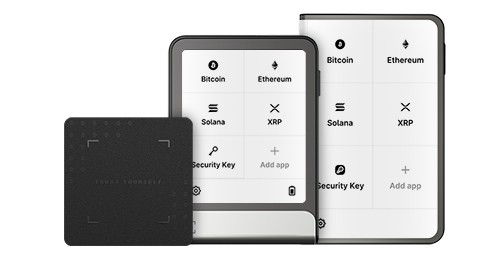Candidates have found a way to lessen the job search fatigue, offloading application-based tasks to … [+]
getty
Employers make job candidates jump through hoops during the hiring process, having applicants meet with 10 interviewers over six months and requiring them to answer annoying open-ended application questions, undergo behavioral assessments and prepare business proposals, only to get ghosted. This process can be exhausting and lead to burnout for job seekers, as it can begin to feel like a full-time job in and of itself. Now, candidates have found a way to lessen the job search fatigue, offloading application-based tasks to artificial intelligence tools.
AI job search tools use algorithms to automate the job hunt process by sending hundreds or thousands of applications simultaneously. These tools typically use machine learning algorithms to match job seekers with relevant job openings based on their skills, experience and other factors.
How Does It Work?
Some job search automation tools, such as Sonara, Massive, LazyApply and SimplifyJobs, are designed to streamline the job search process and automatically apply for jobs that match the candidate’s résumés and preferences. These tools use AI to comb through millions of job listings daily to uncover the most exciting job opportunities and automatically apply on behalf of job seekers.
Other AI-powered job search tools, such as Talentprise, Pyjama Jobs, Jobscan and SkillSyncer, use AI to match job seekers with job listings likely to be a good fit for both sides based on their skills, experience and what they’re looking for in a company or position. These tools compare job seekers’ résumés, cover letters and even LinkedIn profiles against the keywords they select in the job listings. They rate how well job seekers’ résumés match the role and offer suggestions for how to optimize their résumés for each job better.
Search tools, such as Arytic and Autojob, use real-time analytics and skill-based job matching to match job seekers with job openings that fit their skills and experience well.
Résumé optimization platforms, like JobScan and Careerflow, can optimize job seekers’ résumés and cover letters to improve their chances of getting noticed by employers.
Be Cautious
Job seekers must use these tools cautiously and balance their use with other job search strategies, such as networking, building a solid résumé and cover letter, researching potential employers and finding a mentor, career coach or sponsor.
While job search automation tools can save job seekers time and effort, they have yet to prove their effectiveness. Additionally, there is a risk that using these tools could backfire on job hunters. For example, if a job seeker applies to too many jobs at once, they may appear desperate or unfocused to potential employers.
Despite companies deploying AI in their hiring and recruitment efforts, talent acquisition professionals view candidates unfavorably for using the fast-growing technology. According to a March 2023 iCIMS survey, 39% of hiring professionals revealed that job applicants using AI to write their résumé or cover letter is a “definite deal-breaker.”
Credit: Source link











